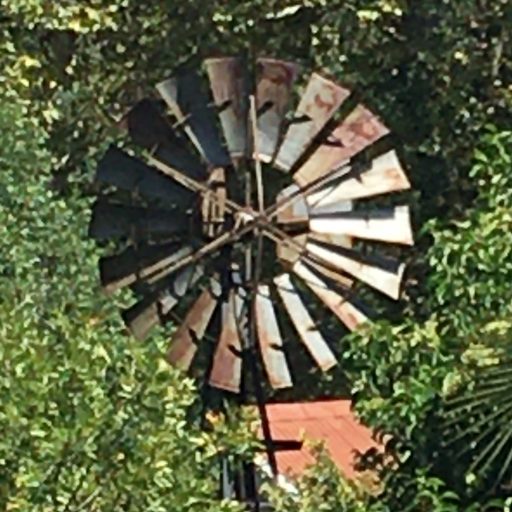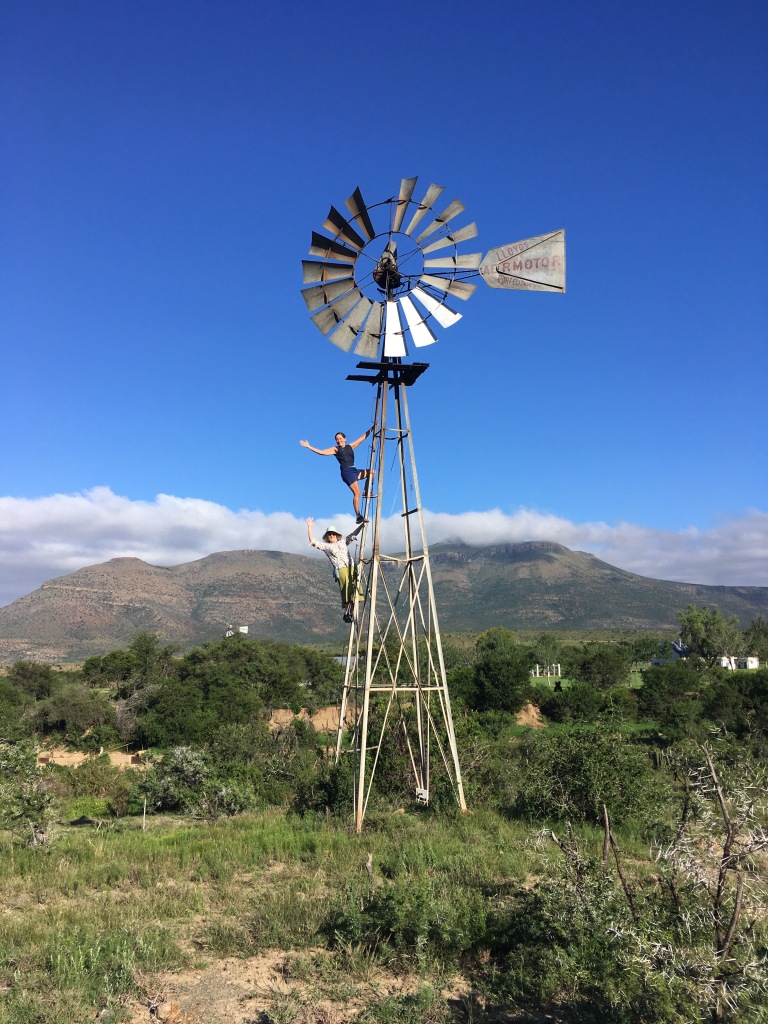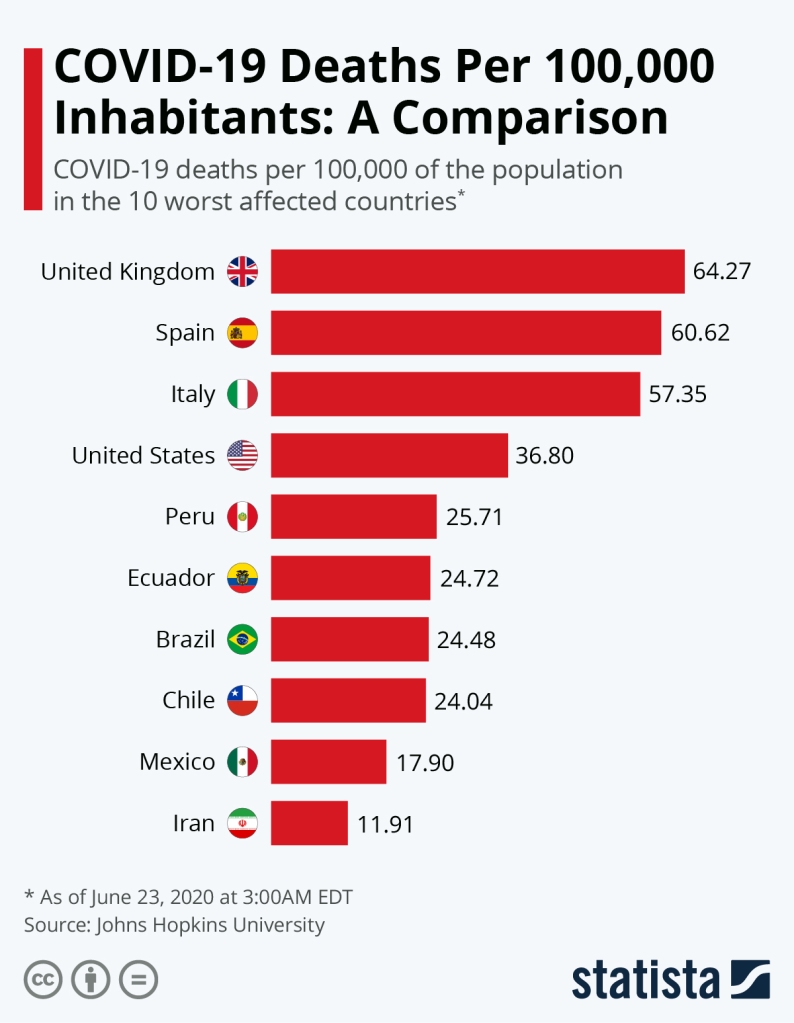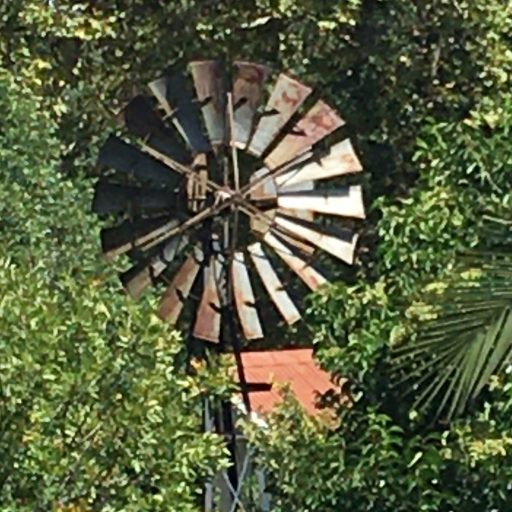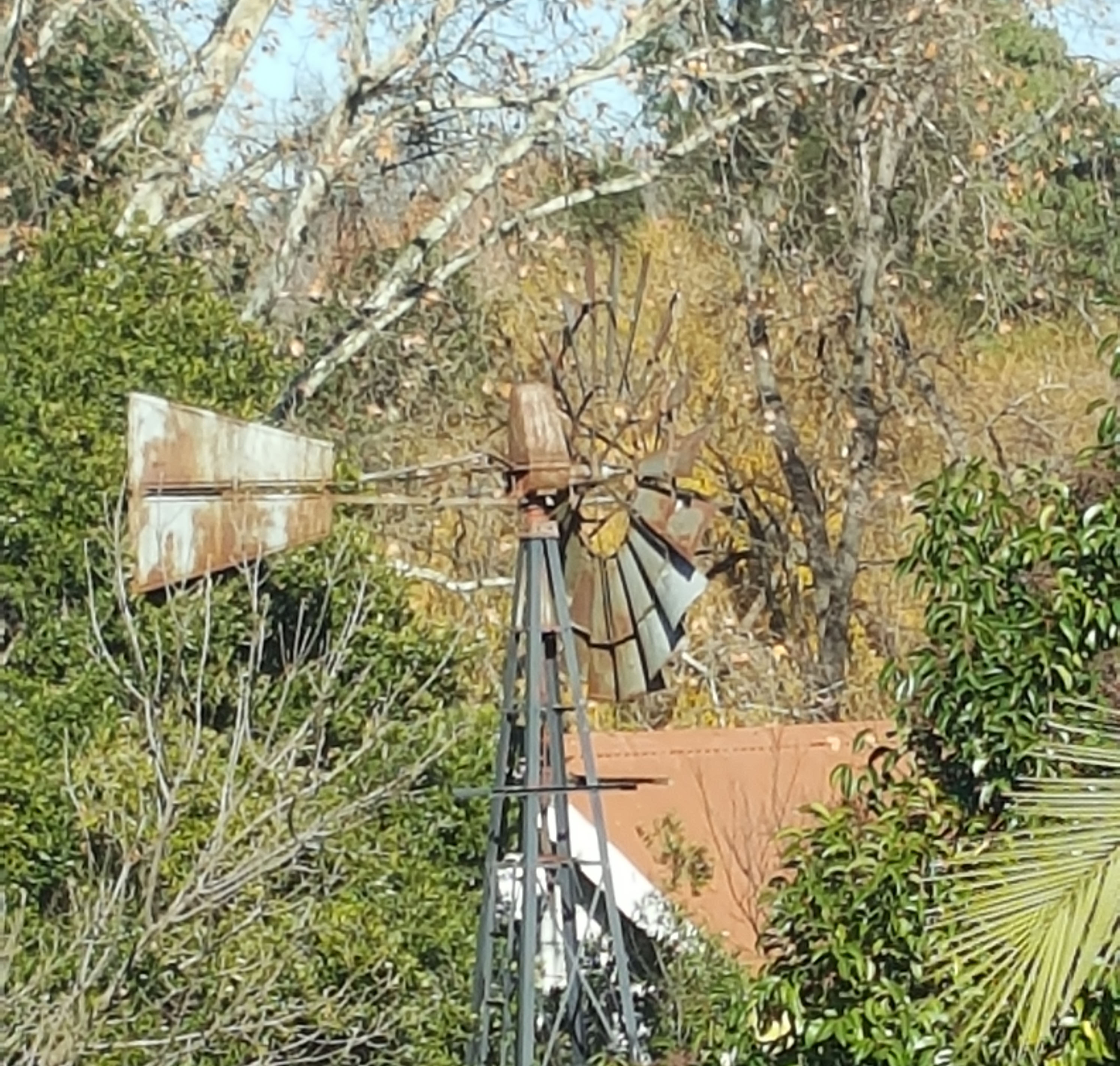Wednesday 1 July 2020 ~ A good friend asked me why I am writing this blog. Or rather, what is the impetus that draws me to my laptop each day. He gave me a choice of motivations, taken, he told me, from the final verse in a poem by Bertolt Brecht.
It’s called A Bad Time Of Poetry and was written in 1938. Here are the relevant lines (the house-painter is Hitler):
Inside me contend
Delight at the apple tree in blossom
And horror at the house-painter’s speeches.
But only the second
Drives me to my writing desk.
It’s a fun game to play – have the words you read been inspired by delight or sparked by horror? I thought of it while reading a newsletter from the editor of The Idler magazine, Tom Hodgkinson. It starts like this:
“You may have been forgiven for viewing Airbnb as a clever money-making scheme, whereby the owners of the platform take bookings for short-term lets via a computer, cream off a percentage and count the millions pouring into their bank accounts. At the other end, skint homeowners make a few extra quid.
“The reality, we now discover, is that Airbnb is a spiritual movement which aims to spread love around the world. That’s if its CEO and co-founder, Brian Cheskey, is to be believed. This extraordinarily wealthy estate agent last week wrote a letter to his 8,000 staff announcing 1,900 layoffs. Airbnb’s bookings have collapsed, for obvious reasons. He took this opportunity to present himself not as an avaricious capitalist but as a new incarnation of the Dalai Lama. In the old days, when a mill owner sacked a quarter of the workforce, he was content to be hated by them. But Brian Cheskey wants them to keep loving him, just as he loves them, his little children.”
Later on he asks:
“Why can’t tycoons just admit they are tycoons, like in the old days, when they wore top hats and went around in a Rolls Royce while smoking fat cigars?”
And then he turns his attention to another master builder of the online world:
“Another example is the advertising salesman, Eric Schmidt. As chairman of Google he made untold billions (he is worth over £5 billion according to the Daily Mail) spying on people and selling advertising space. These ad salespeople used to be called “media sales executives” and they worked at the less glamorous – though important – end of publishing, selling ads in Vogue or The Sunday Times to large companies. Now they anoint themselves as prophets of a new world.”
Hodgkinson had been incensed hearing Schmidt in a rado interview talking sanctimoniously about how his priorities were “telehealth” and “remote learning”. Hodgkinson’s riposte?
“In actual fact Google, far from being benevolent, is a highly aggressive ad sales platform that has caused thousands of local newspapers to close over the last ten years by stealing their advertising. Having destroyed the world Eric Schmidt now steps forward to save it.”
Well, we all know what drives the Idler-in-chief to his laptop, then!
I hope I have managed to suppress my own anger in this blog – well, most of the time, anyway.
A few years ago I was prompted to reflect on what draws me to pound the keyboard – I had been writing about jazz music (the website is called thejazzbreakfast) for about ten years – when I was invited to talk about blogging to journalists and music students. I explained my impetus by telling this story:
When I was a university student in Cape Town in 1970 I would frequent a tiny record shop in a side street not far from the Houses of Parliament. At the counter they had two or three turntables and sets of headphones, so that customers could sample the LPs (we didn’t refer to them as “vinyl” in those days) they were considering buying. I had picked a couple of albums to buy and approached the counter, squeezing in next to a fellow customer who was bobbing his head about, clearly enjoying the music that was bouncing around between his ears. As I stood there, he suddenly whipped his headphones off and, with the words “Listen to this! It’s really great…” popped them over my ears.
I realised, looking back nearly half a century, that it was exactly this act that I had been replicating in a different form ever since. With most of the interviews, previews, reviews, comment pieces, etc., I wrote for thejazzbreakfast I had been, in effect, repeating those words: “Listen to this!”
So, I know now what to answer my Brecht-quoting friend…
And I hope, although it has been much more self-indulgent, that the same impetus has been clear in these daily lockdown posts. It’s all about the apple blossom for me.
Pages read: about 30 of I Am Dynamite!, the Sue Prideaux biography of Nietzsche.
Minutes spent online: a few reading a Bertolt Brecht poem.
Hours slept: 6
Exercise taken: A walk if the rain holds off.

